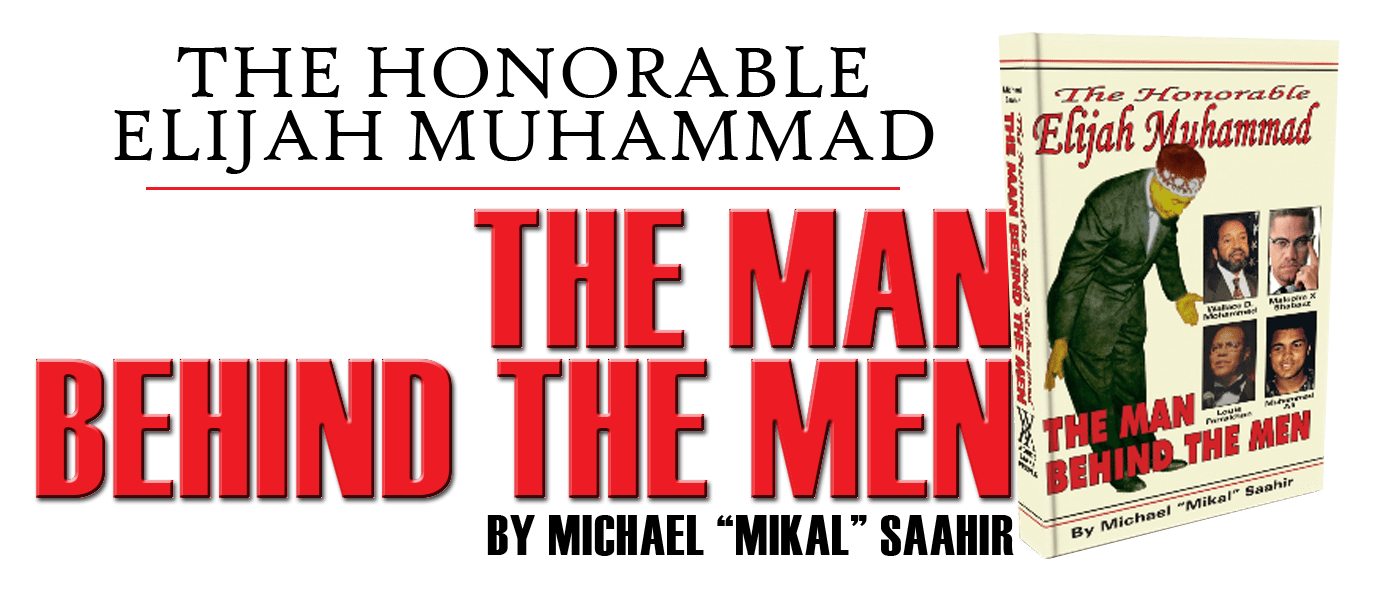Renee Darbonne
North Bureau Chief
Muhammad Ali was a renowned boxer and activist who for decades used his talent to promote black pride as well as a way to show his dedication and appreciation for the Nation of Islam. In the ring, Ali was vicious, graceful and outspoken. These are traits that he remains to be well known for. However, once Ali exited the ring his intelligence and wit matched his boxing talent. He never shied away from “trash talking” others or glorifying his abilities and became known for phrases that exude this confidence. With a quote such as “float like a butterfly, sting like a bee,” Ali was able to remain relevant and begin his legacy.
The event celebrating Ali was organized by Broward College’s Muslim Student Association, Social Science Club, Student Government, as well as the Social and Behavioral Science Department. The event was also sponsored by the American Coalition for Good Government. Notable guests include Michael Saahir, author of “The Honorable Elijah Muhammad: The Man Behind the Men,” Calvin Hughes, WPLG Local 10 News Anchor, Khalilah Ali and Doctor Ahmed Nasir.
The Muslim Student Association (MSA) at BC continues to be present and active with the student body. For Black History Month, they were able to connect Islam to black history and challenge ongoing assumptions that others may have of Muslims in America. The purpose of the event was to highlight American Muslims and celebrate Ali, an American hero. The room was nearly packed door to door with attendees standing side by side as well as outside to get a glimpse of the lively gathering.
Students from two local Islamic schools performed for the audience and demonstrates how Muslim children are part of the American future. In fact, many Muslim students at BC come from these schools.
When asked what Ali done for South Florida and black Islamic Culture, Wayne Rawlins, author of “America 2064: Islam in America Over the Next 50 Years,” said, “Muhammad Ali represented the fight for justice because growing up in the 60s and 70s and seeing this man stand up in the face of the American government and saying, ‘no I’m not going to fight in this war for you’ and for me that was the greatest fight, the fight for justice.” Ali’s refusal to join the military and fight in the Vietnam War shaped how the American government views the draft.
Ali was a role model and inspiration to many and his refusal inspired many black Americans to become active in the civil rights movement. Ali had an invigorating effect on the Civil Rights movement and the freedom of African Americans as a whole.
darbr4@mail.broward.edu